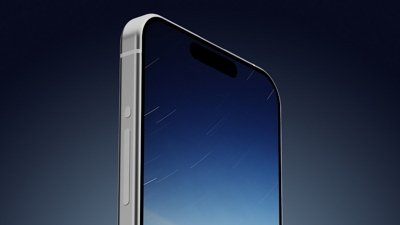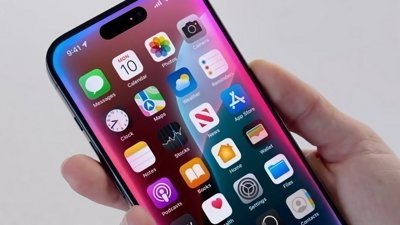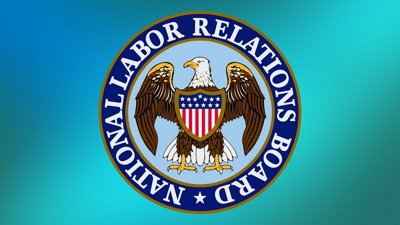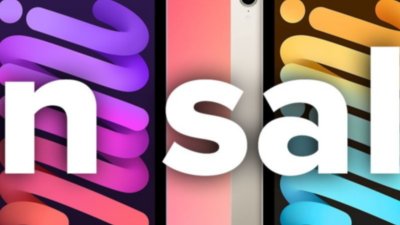A fresh class action lawsuit charges Apple's iTunes, major online music shops, and top record labels with performing an end-run around a musician's permission and his royalty payments.
Filed in its most recent form on May 3rd by the Law Offices of Jeffery L. Graubart and represented by Strange and Carpenter, the suit makes a two-part complaint that implicates both labels and their online store partners. Two of the largest record producers in the industry, Universal Music Group and Warner Music, are alleged to have neglected Dawg Music's copyrights and royalties when signing deals with major online services.
In effect, the two music giants are said to have agreed to online distribution of Grisman's library without first asking the permission of Dawg Music, which owns the copyrights. By doing so, Universal and Warner have not only made unauthorized hard copies of the music but have also usurped control of the royalties due for each album: the lack of communication has meant "gross underpayments" of the expected dues, Dawg Music says in the 26-page filing.
Online stores are guilty by association, according to the complaint. The suit claims that in addition to Apple's iTunes, seven other outlets — AOL Music Now, Buy.com, Microsoft's MSN.com, Napster, RealNetworks' Rhapsody, Wal-Mart.com, and Yahoo Music — are also culpable by agreeing to host and sell the unsanctioned copies from their servers. While all eight pay royalties on the music in question, the failures by Universal and Warner to land specific online contracts have resulted in the direct-download services trading songs without genuine consent; money is sent to the intermediate labels, not the copyright holders.
Sidestepping the copyrights this way has caused "irreparable injury" to Dawg Music, the suit alleges, and will continue to inflict damage as long as the present-day contracts for online music remain in place. Most of the blame lay at the labels' feet for both infringing on copyright and for leading the online services to commit accidental infringement; but all the targets of the lawsuit, including Apple, would have to compensate Dawg Music should it win its battle in the central California court hearing the case.
The reparations could be comparatively severe for a royalty case. Although the plaintiffs hope to use their time in court to prove the damages and missed profits they expect to receive, the alternative remedy would have each defendant pay $150,000 for every work whose copyright was violated — resulting in millions of dollars spread across the involved defendants.
For a successful case, however, the attorneys will have to prove that none of the existing clauses in Dawg Music's agreements with Universal and Warner already cover the online distribution at the heart of the matter. When contacted by AppleInsider, however, representing attorney Brian Strange declined elaborating on the claims.
"We do not comment on pending litigation," said Strange. "[Only] the complaint is a matter of public record."
 Katie Marsal
Katie Marsal



-xl-m.jpg)


-m.jpg)






 William Gallagher
William Gallagher

 Amber Neely
Amber Neely
 Andrew Orr
Andrew Orr



 Christine McKee
Christine McKee








17 Comments
I don't really see how they can sue Apple, given the fact that Apple was never in privy with them. Their beef is really with the labels.
This doesn't sound like a "class action".
Time they got a dose of their own medicine. Blood sucking syccophants! Did you know that they charge artists for every little thing they do on his behalf? parties, limo, album artwork, studio time, etc. These are not gifts by the labels, they deduct these expenses from the royalty payments. And which artist really knows or keeps tracks of, how much these things really cost?
I really don't see how any of the online stores can possibly be culpable except under very unlikely circumstances. I don't think that a dozen different high profile legit stores would knowingly distribute infringing wares.
And which artist really knows or keeps tracks of, how much these things really cost?
A smart artist? Or an artist with a manager?
The Problem With Music